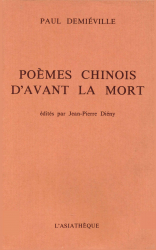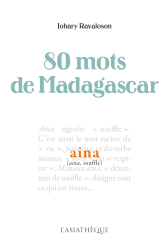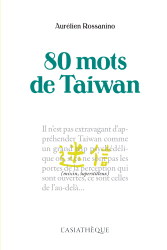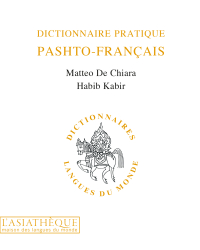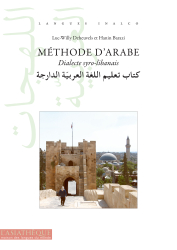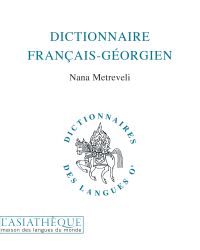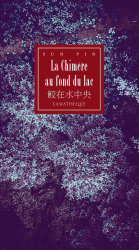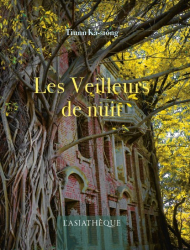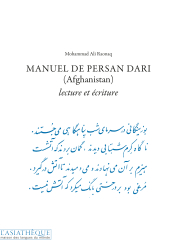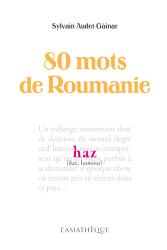Paul Demiéville
Paul Demiéville born in Lausanne on September 13, 1894 and died in Paris on March 23, 1979 is a French sinologist of Swiss origin who marked the developments of sinological studies in France in the twentieth century.
A musicologist by training, he began studying Chinese in London in 1915 before continuing his studies at the School of Modern Oriental Languages. At the Collège de France, he became the disciple of Édouard Chavannes (1865-1918) and also learned Sanskrit with Sylvain Lévi (1863-1935). He was appointed resident of the French School of the Far East and stayed in Hanoi (1920-1924). From 1924 to 1926, he taught Sanskrit and philosophy at Amoy University in south-eastern China. From 1926 to 1930, he was a boarder, then director of the Franco-Japanese house in Tōkyō, where he was editor-in-chief of Hōbōgirin, an encyclopedic dictionary of Buddhism. When he returned to France in 1930, he took French nationality (naturalized by decree on October 5, 1931) and was appointed professor of Chinese at the School of Oriental Languages in 1931. In 1945, he became director of studies at the 'Practical School of Advanced Studies, IVth section where he taught Buddhist philosophy until 1956. In 1946, he was appointed professor at the College de France, replacing Henri Maspero at the chair of Chinese language and literature until his retirement in 1964. In 1951, he entered the Académie des inscriptions et belles-lettres. From 1945 to 1975, he was the director of the review Toung pao. The disappearance during the Second World War of the three great sinologists Paul Pelliot (1878-1945), Henri Maspéro (1883-1945) and Marcel Granet (1884-1940) leaves him the sole master of sinological studies in France during the post period. -war. His influence extends not only to China and Japan, where he had maintained links with Chinese and Japanese scholars during his stays in these countries, but also, in various capacities, in Belgium, Italy, the States. -United. His work, which includes about 180 books and articles not counting reviews and bibliographic records, has been gathered for a large part in the Choices of Sinological Studies and the Choices of Buddhist Studies.

